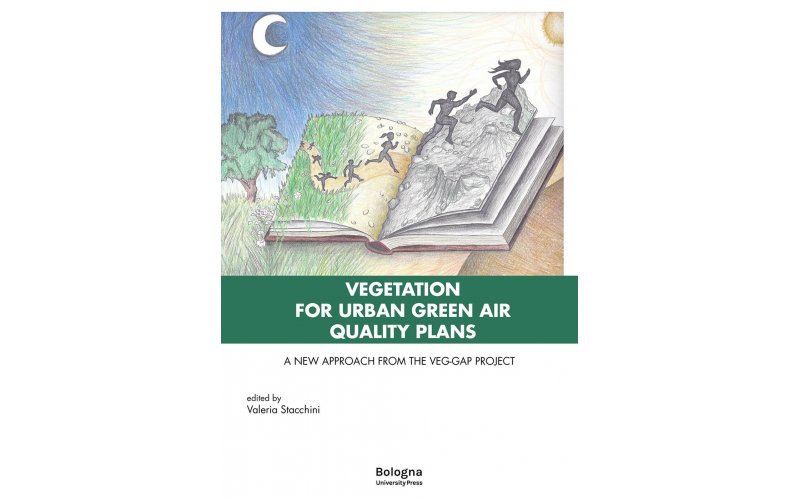Are you aware of the benefits that urban vegetation can produce to lowering temperature and improving air quality? Do you remember how you missed being in contact with nature during the lockdown?
The book presents how the Life VEG-GAP project consortium have deepened the links between vegetation, temperature and air pollution to develop effective control strategies aiming at maintaining and improving air quality within European cities.
The three pilot cities where the new methodology and tools have been successfully tested are Bologna, Madrid and Milan.
The project provided a valuable example of transnational collaboration, showing how cities, research centres, businesses and civil society together can team up to build better cities. Thanks to the VEG-GAP project, scientific models were turn into valuable operational tools which can be profitably used by cities for better planning and monitoring their policies.

